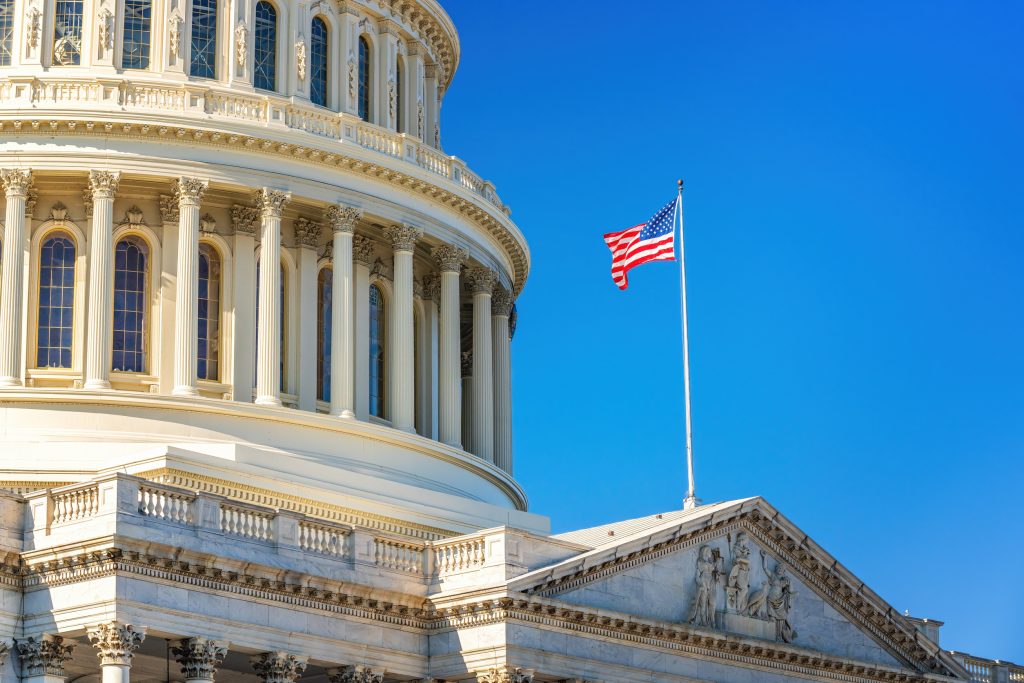
Accepting a new job with a higher salary is a major step toward financial independence. It’s a moment of pride and a chance to build a better future. However, that bigger paycheck can have a hidden downside for many low to moderate-income families. They often face the loss of critical government benefits. This is known as the “benefits cliff.” It occurs when a small increase in earnings pushes a household’s income just over an eligibility limit. Suddenly, the modest pay raise is wiped out by the loss of benefits that were worth far more. You must understand which government programs you lose access to when evaluating a new job offer.
Here are seven key government programs that are tied to strict income limits.
1. Medicaid or CHIP
Medicaid and the Children’s Health Insurance Program (CHIP) provide free or low-cost health insurance to millions. These programs serve low-income adults and children. They also have very strict income eligibility thresholds. A raise of just a few hundred dollars a month can disqualify your entire family. You may then face the high cost of an employer-sponsored health plan. These plans can include monthly premiums, deductibles, and co-pays that can easily cost more than your raise.
2. Supplemental Nutrition Assistance Program (SNAP)
SNAP, formerly known as food stamps, helps low-income families afford groceries. Eligibility depends on household income and size. As your earnings increase, your SNAP benefits gradually decrease. A new job can eliminate them entirely. Losing several hundred dollars a month in food assistance is a huge blow to a family’s budget. The new job’s take-home pay might not be enough to make up the difference, especially with rising food costs.
3. Unemployment Benefits
This is one of the most immediate changes. Unemployment benefits provide temporary income support. They are for people who lost their jobs through no fault of their own. The moment you start a new job, you must report your income to your state’s unemployment agency. In nearly all cases, accepting a new job will reduce or eliminate your unemployment benefits for that week. This is because the agency no longer considers you fully unemployed.
4. Subsidized Health Insurance (Affordable Care Act)
You might qualify for a subsidized health plan through the Affordable Care Act (ACA) Marketplace if your income is too high for Medicaid. These subsidies, or premium tax credits, can significantly lower your monthly health insurance premiums. However, these subsidies are on a sliding scale. As your income goes up, your subsidy goes down. A new, higher-paying job could drastically reduce your subsidy or eliminate it altogether. This would make your health insurance much more expensive.
5. Temporary Assistance for Needy Families (TANF)
TANF is a federal program providing cash assistance to very low-income families with children. States administer the program and set their own, often very low, income eligibility limits. The program is designed as a temporary safety net for families in crisis. Securing a new job with a steady income will almost always make a family ineligible for these cash benefits. The program’s goal is to be a bridge to self-sufficiency through employment.
6. Low Income Home Energy Assistance Program (LIHEAP)
LIHEAP is a federally funded program. It helps low-income households with their home energy bills. It can provide a one-time benefit for heating or cooling costs. It can also offer assistance in a crisis, like a utility shutoff. Eligibility is based on income and household size. A new job that pushes you over the income threshold means you will no longer have this safety net. You will have to manage seasonal spikes in your gas or electric bills alone.
7. Pell Grants and Federal Student Aid Subsidies
Your eligibility for need-based financial aid depends heavily on your household income. This is true if you or your children are in college. The Free Application for Federal Student Aid (FAFSA) determines your eligibility. A new, higher-paying job will increase your Student Aid Index (SAI). This can reduce or eliminate eligibility for federal Pell Grants and subsidized student loans. As a result, the cost of a college education can significantly increase.
The Hidden Costs of a Higher Paycheck
The benefits cliff is a serious policy challenge. It can create a disincentive for people to seek higher-paying work. Before you accept a new job, you must do the math. Calculate your new take-home pay. Also calculate the total value of the government programs you lose access to. While the long-term goal is financial independence, understanding these trade-offs can help you negotiate a salary that truly moves your family forward.
Have you ever had to turn down a raise or promotion just to keep essential benefits like healthcare or childcare?
Read more:
8 Benefits That Magically Disappear Once You Turn 55
8 Benefits of Getting Married in Your 30s (Or Later)
The post 7 Government Programs You Lose Access to After Taking a New Job appeared first on Budget and the Bees.







